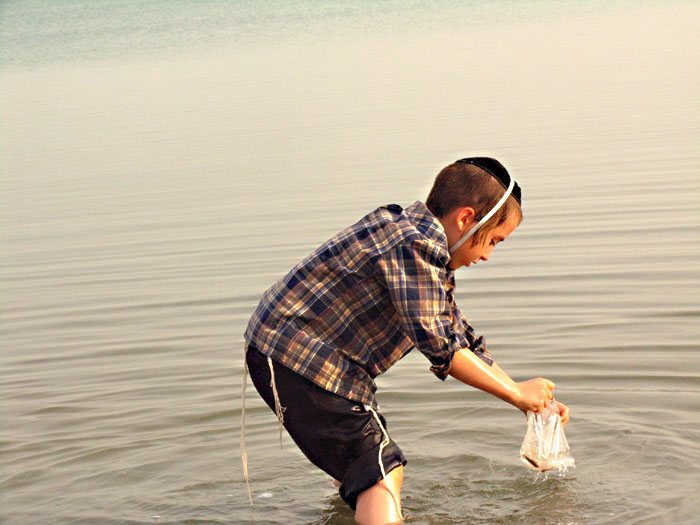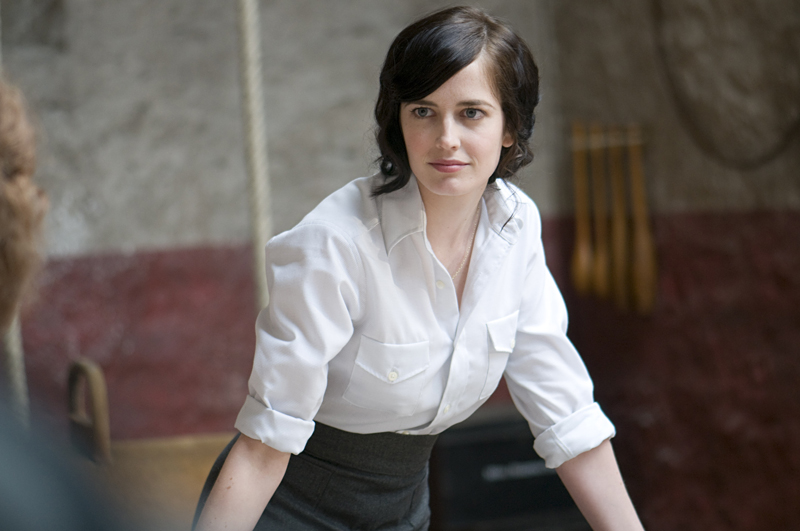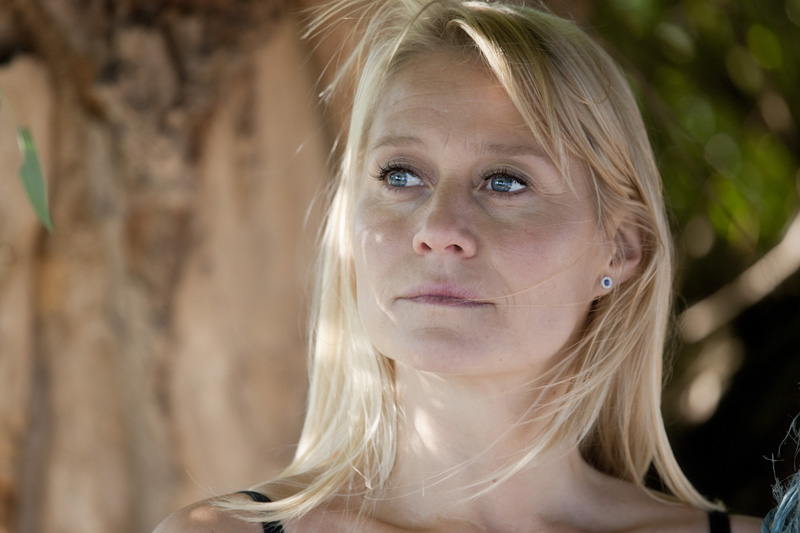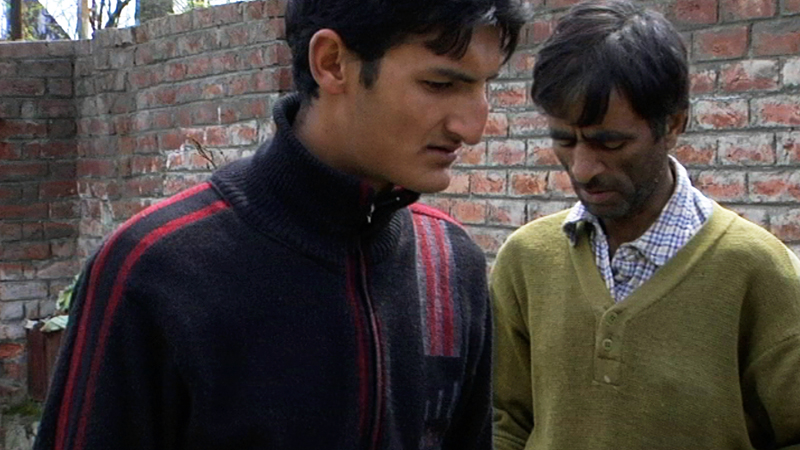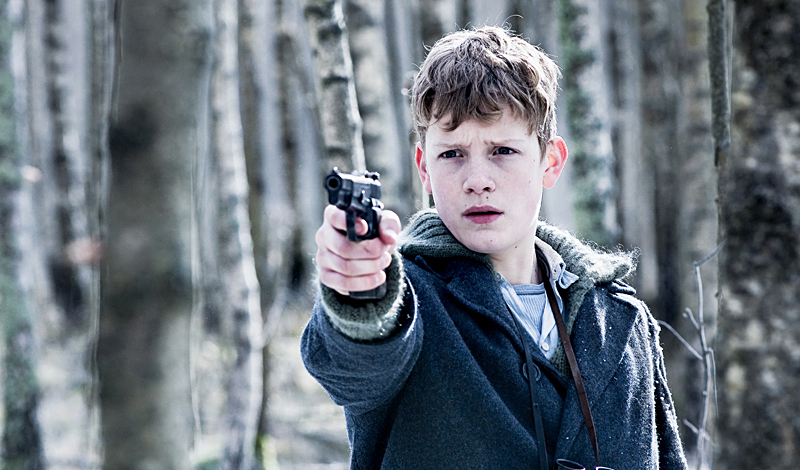Like Amos Gitai’s 1999 Kadosh, Israeli writer-director David Volach’s first feature has scores to settle with ultra-Orthodox Judaism, especially as dominated by literal-minded men. Unlike Gitai’s strident screed, however, My Father, My Lord (unfortunately retitled from the more aptly elliptical Summer Holiday) is a subtly discriminating view from within one family’s agonizing spiritual crisis by a secularized filmmaker who grew up one of 20 children in the separatist Haredi community of Jerusalem. An only child, little Menahem Eidelman (Ilan Griff) soaks up the protectiveness of his gentle mother (Sharon Hacohen-Bar), but pushes back passively against his father (Assi Dayan), a respected but dogmatic rabbi who unwittingly does violence to the boy’s instinctive curiosity with cumulative prohibitions and a moment of neglect that brings tragedy. Lifting equally from the secular religiosity of Krzysztof Kieslowski’s The Decalogue and the aesthetics of Jewish ritual itself, this moving drama draws its power from the dialectic between its silences and its elegiac score. Though Volach overidealizes nurturing femininity while demonizing heedless masculinity, his deceptively simple plot supports a nuanced voice raised more in sorrow than in anger—a cry of anguish not against Judaism itself, but against fundamentalist adherence to the letter rather than the spirit of living well by doing good.
PICK My Father, My Lord: A Boy Is Torn Between Faith and Family
